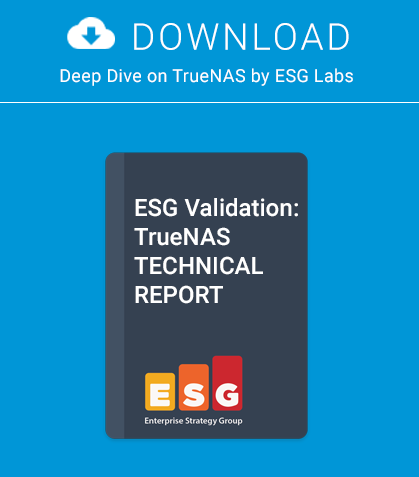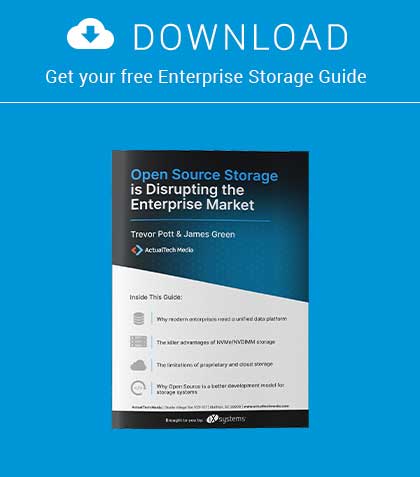OSCON, the O’Reilly Open Source Conference wrapped up last week here in Portland, Oregon and with over 4,700 attendees, was the largest OSCON to date. I stationed myself at the FreeBSD Foundation booth to help answer the various BSD questions that came up and enjoyed the usual sessions, Expo Hall, friends, social events and hallway track that make OSCON great.
If you have never been to OSCON, be prepared for a massive, sincere effort to achieve the impossible: to be all things to all people in the wildly diverse open source community. For over 15 years the organizers have done their best to strike a balance between open source projects and open source enterprises, and to track the shifting trends up and down the computing stack. As a BSD advocate I could be disappointed by the lack of attention paid to kernels, file systems and hypervisors but that would miss the point: OSCON is where you go to learn what’s new and fortunately it draws a large enough crowd that there is always someone to discuss these with. Rest assured, we also have the BSDCons to deep dive into these subjects down to the late night hacking level. That said, on the surface, OSCON will always be “too corporate” for many tastes but Simon Wardley nailed the relationship with this slide during his closing keynote “Situation normal, everything must change”:
In short, the more corporate the open source industry and OSCON get, the more they will depend on the amazing wizards and organizations behind the scenes who make it all happen.
First Things First
As per tradition since 2009, OSCON was preceded by the Community Leadership Summit and for the second year, OSCON Kids Day, both of which were huge successes.
The CLS unconference is not necessarily an open source event but it has a very strong open source community presence thanks to OSCON. Of the sessions I attended, the ones on accommodating teams around the world were particularly interesting. Should your current team leaders determine the local time zone of the conference calls? How do you build community in countries that do not encourage outgoing behavior? Is there a unique Internet culture that we should identify in people around the world that transcends their local customs? How do we accurately preserve the history of the open source movement if its key events take place on IRC and mailing lists?
While these complex questions often go unanswered, they are often raised for the first time at the CLS thanks to the unconference format and attendees get to mull over the coming weeks and months.
The second annual OSCON Kids Day was also a huge success and my daughter enjoyed it immensely. She had a rough start with a text-only Python coding session so we scrambled over to the flexible circuits session which proved a good match. By the end of the day she was programming an Arduino board which she got to take home. I got it working with her PC-BSD laptop and she can now continue to experiment with various blinking lights. To see such a diverse group of kids stay engaged for eight hours was amazing and I do not believe a single one dropped out. I remember a session at the first CLS where a bunch of thirty to forty-year-olds lamented the lack of diversity in open source and wondered what to do about it. THIS is what you can do about it! Start young and without barriers and you will build a community that is diverse from the start. Hats off to O’Reilly and all of the volunteers who made this event possible.
Expo Hall
As the “Situation normal, everything must change” slide pointed out, the OSCON Expo Hall had the usual assortment of vendor booths and a DOT ORG pavilion where the wizards and members of nonprofit organization engaged the community. The FreeBSD Foundation booth was attended by Anne and Deb of the Foundation and provided information about FreeBSD and related projects like PC-BSD and FreeNAS. The familiar BSD horns made their ways to heads and even a few donations rolled in. One subtext throughout the conference was the need for 501(c)(3) public-benefit foundations like the FreeBSD Foundation and Bryan Cantrill of Joyent made a passionate case for this in his talk, “Leaping the chasm from proprietary to open: A survivor’s guide”. Thank you OSCON for maintaining the DOT ORG pavilion because it truly is the soul of the community and the event.
The Expo Hall also featured a few familiar faces such as Oregonians Steven Douglas of the bhyve PXE GSoC project, Adam Strohl of A-Team Solutions, plus Benno Rice of Isilon who was scouting for talent. Tim O’Reilly made an appearance and it was great to walk around and hear what foundations are using iXystems hardware.
Of the many cool things in the Expo Hall, IBM’s how-fast-can-you-cable-a-switch-and-insert-drives challenge stood out along with the Portland-based Arduboy. The Arduboy is an Arduino-based GameBoy clone that would be a perfect platform for a future Kids Day and IBM literally challenge people to insert cables and drives as quickly as possible. I am still surprised they disqualified my three-second “we’ve moved to the cloud” entry.
Sessions
In addition to Bryan Cantrill’s talk, I attended Ben Balter’s talk on “Open source licensing on GitHub by the numbers”, Bradley Kuhn’s talk on “When copyleft business models go bad” and Randi Harper’s talk on “Open sourcing anti-harassment tools” which she also gave at BSDCan. Of these, Randi’s was probably the most historic as it brought an important topic to the attention of the community in a very constructive way. O’Reilly received a fair amount of online harassment for hosting the talk but the experience confirmed that the problem is real and that responsible steps can be taken to mitigate it.
Social Events
The first day of the Community Leadership Summit included a social event which provided a perfect opportunity for people to catch up since they last saw each other. For many of us this was since last year’s CLS and there will never be a substitute for spending time face to face. I would even argue that you cannot build a solid community without this time together and many long time friendships emerge from events like this. The evening of the first Expo Hall day included a super hero-themed party hosted by O’Reilly and there was also a Software Freedom Conservancy party for its supporters. OpenStack later celebrated its fifth year anniversary in the venue where it celebrated its unveiling at OSCON five years earlier and various other parties took place throughout the week. Like the CLS, the Expo Hall and hallway track, these events are part of the magic that builds and sustains open source communities.
From Hipsters to Cowboys
While regional stereotypes generally have only a passing relationship with reality, OSCON is making a bold move from its traditional home in Portland to Austin, Texas. O’Reilly says it wants to “share the love” with the Midwest and host what just may be its first landlocked conference. The phrase “the Portland of Texas” was bandied around with regard to Austin but all I can say is that we will all just have to see for ourselves. They are also moving it to May to avoid the Texas summer heat and are coincidentally slipping into the month freed up by BSDCan by its move to June. This should help guarantee that familiar faces from the BSD community can still attend OSCON and as a Portlander, I can agree that yes, we have been spoiled by having OSCON for so many years.



